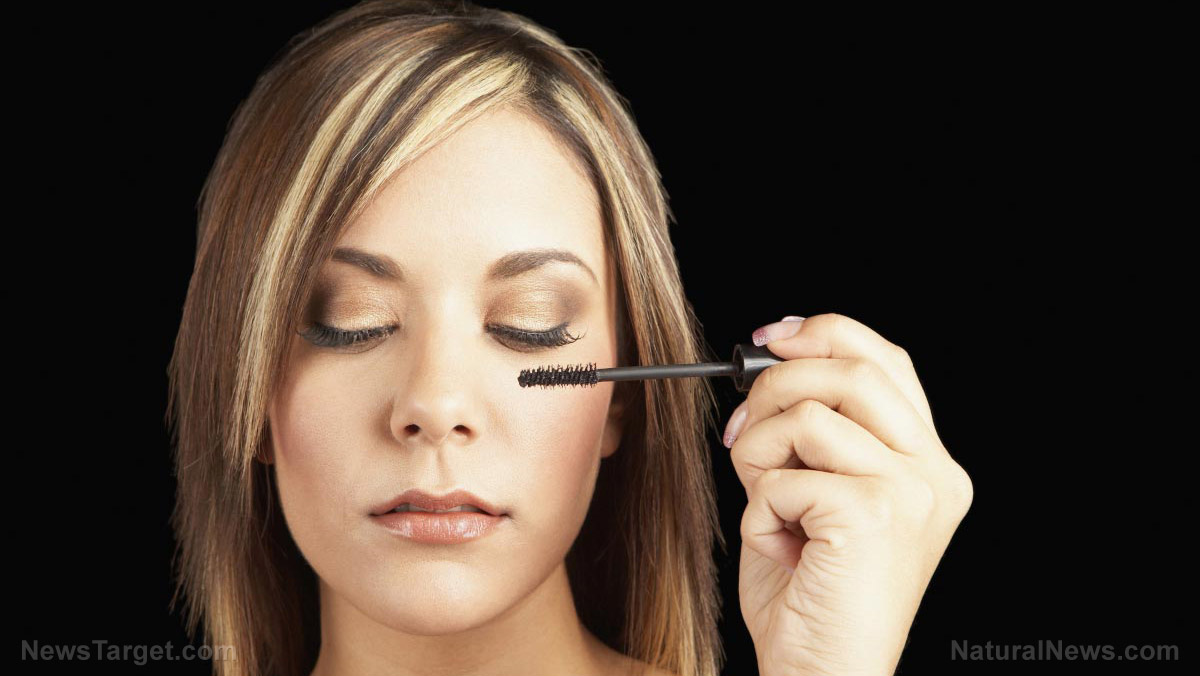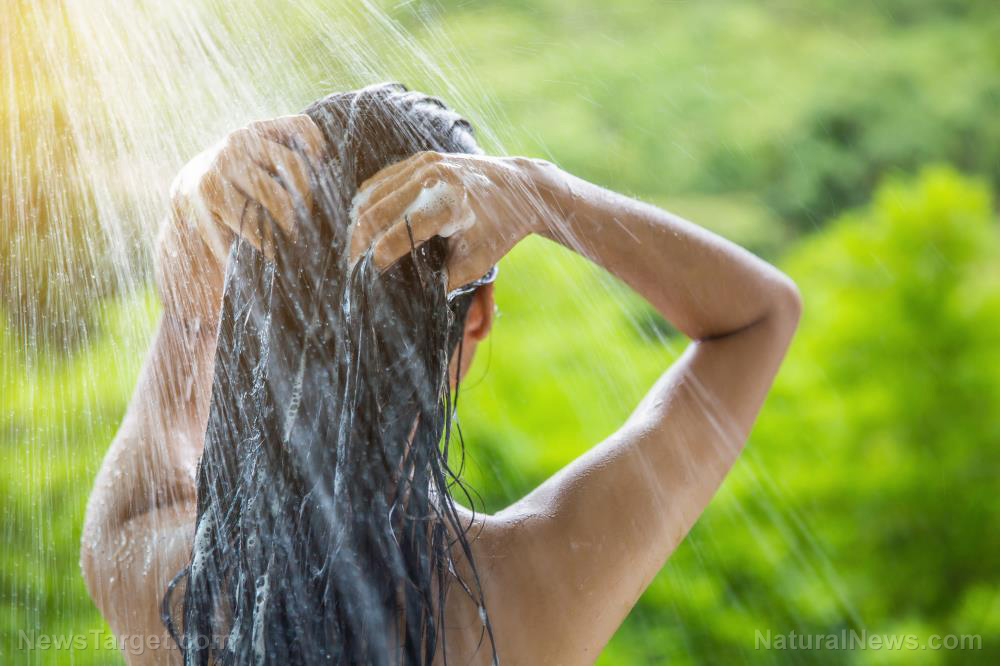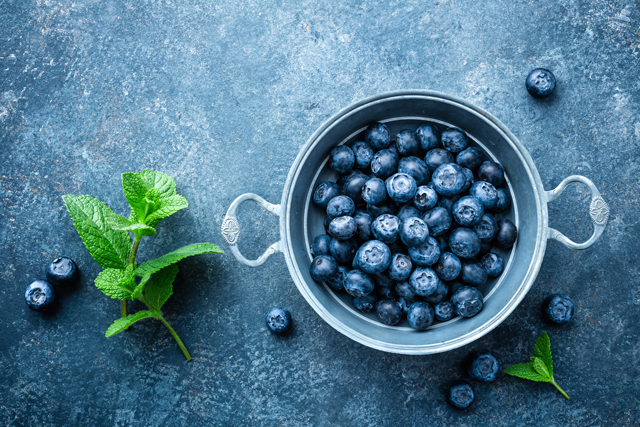 Parler
Parler Gab
Gab
- Phenoxyethanol is a synthetic preservative used in cosmetics (like lotions, makeup and baby wipes) to prevent bacterial growth. It’s synthesized by combining phenol and ethylene oxide.
- Studies link it to skin irritation, allergies, neurotoxicity and potential harm to fertility and infant health.
- Phenoxyethanol is common in skincare, haircare and baby products and even some "natural" brands. Infants are especially vulnerable to this chemicals due to weaker detox systems.
- Phenoxyethanol use is approved at low levels (up to one percent), but critics argue that cumulative exposure from multiple products isn’t properly studied.
- For safe alternatives, look for products that contain alcohol, benzoic acid and essential oils instead.
Phenoxyethanol: Industrial uses and toxicity
Phenoxyethanol is an organic compound produced through the combination of phenol and ethylene oxide. Marketed under various names, including ethylene glycol monophenyl ether, 2-phenoxyethanol and rose ether, it functions primarily as a preservative, preventing bacterial and fungal growth in water-based products. Its effectiveness at low concentrations makes it a cost-effective choice for manufacturers, but its safety profile is far from benign. First introduced in the 1950s as an alternative to parabens, another controversial preservative, phenoxyethanol gained popularity as companies sought "safer" options. However, research indicates that this chemical may not be as harmless as once believed. Common items containing this preservative include:- Baby wipes and lotions (despite being marketed for sensitive skin)
- Deodorants and sunscreens
- Haircare products (shampoos, conditioners and styling gels)
- Makeup (foundations, lipsticks and mascaras)
- Skincare products (moisturizers, toners and serums)
Toxicity and health risks
Despite regulatory approvals, phenoxyethanol is not without hazards. Studies and safety assessments highlight several concerning effects, such as: Neurotoxicity Animal studies have shown that high doses of phenoxyethanol can depress the central nervous system, leading to lethargy, respiratory distress and seizures. While human exposure in cosmetics is typically low, cumulative absorption through multiple products remains a concern. Skin irritation and allergic reactions Phenoxyethanol can cause contact dermatitis, redness and itching, particularly in individuals with sensitive skin. The European Scientific Committee on Consumer Safety (SCCS) has flagged it as a potential skin sensitizer, meaning repeated exposure may increase allergic responses. Reproductive and developmental harm The Environmental Protection Agency (EPA) classifies phenoxyethanol as a possible reproductive toxin. Research on rats has linked it to reduced fertility and developmental delays in offspring. Although human data is limited, the potential for harm cannot be dismissed. Organ system effects Phenoxyethanol is metabolized into phenol, a known liver and kidney toxin. Chronic exposure may contribute to organ stress, particularly in individuals with pre-existing conditions. (Related: Methylparaben: The silent threat in everyday products.) The French Agency for the Safety of Medicines (ANSM) has warned against the use of phenoxyethanol in baby wipes due to risks of systemic absorption in infants, whose underdeveloped detoxification systems make them more vulnerable. Regulatory bodies like the Food and Drug Administration (FDA) and the European Union permit phenoxyethanol in concentrations up to one percent, deeming it safe at these levels. However, critics argue that these limits fail to account for cumulative exposure from multiple products. Moreover, independent studies suggest that even low-dose, long-term exposure to phenoxyethanol may have unforeseen health consequences.Phenoxyethanol alternatives
Consumers seeking safer options can turn to products that use alternative ingredients, such as:- Alcohol (ethanol or benzyl alcohol) – Alcohol is effective, but keep in mind that it may be drying for some skin types.
- Benzoic acid and sorbic acid – Benzoic acid and sorbic acid are naturally occurring compounds with antimicrobial properties.
- Essential oils – Some essential oils, like oregano, thyme and tea tree, possess preservative qualities, though efficacy varies.
- Leuconostoc/radish root ferment filtrate – A natural preservative derived from fermented radishes.
- Reading labels – Avoid products that list phenoxyethanol, especially in leave-on formulations like lotions and serums.
- Choosing preservative-free or refrigerated products – Some brands use cold storage to extend shelf life, avoiding the use synthetic preservatives completely.
- Supporting optimal liver health – A diet rich in antioxidants, such as leafy greens and cruciferous vegetables, may aid natural detoxification.
More related stories:
The dark side of retinoids: Toxicity, risks and the illusion of flawless skin. Harmful ingredients in personal care products. The hidden dangers of ETHYLPARABEN in cosmetics and personal care products. Sources include: Brighteon.AI NaturalNews.com Brighteon.comSodium benzoate in personal care products: A threat to consumer health
By Zoey Sky // Share
Botulism from homemade nopal salad sends 10 to hospital in California
By Olivia Cook // Share
Bilberry: A tiny superfruit with mighty health benefits
By Ava Grace // Share
Governments continue to obscure COVID-19 vaccine data amid rising concerns over excess deaths
By patricklewis // Share
Tech giant Microsoft backs EXTINCTION with its support of carbon capture programs
By ramontomeydw // Share
Germany to resume arms exports to Israel despite repeated ceasefire violations
By isabelle // Share










